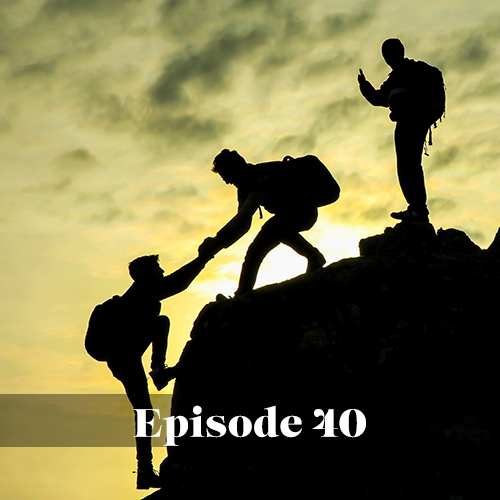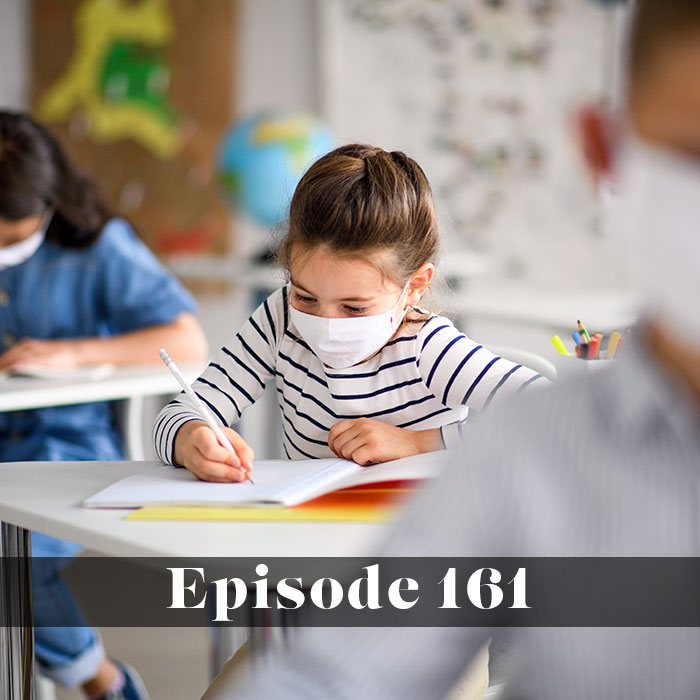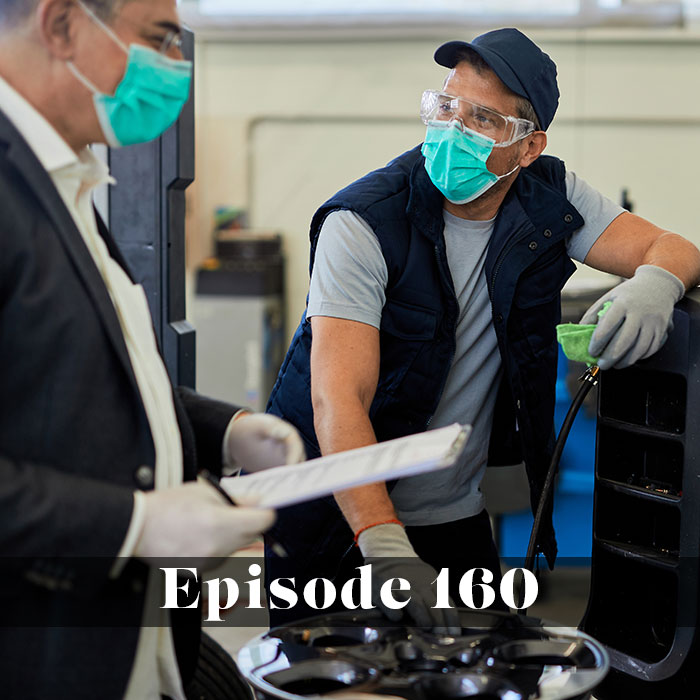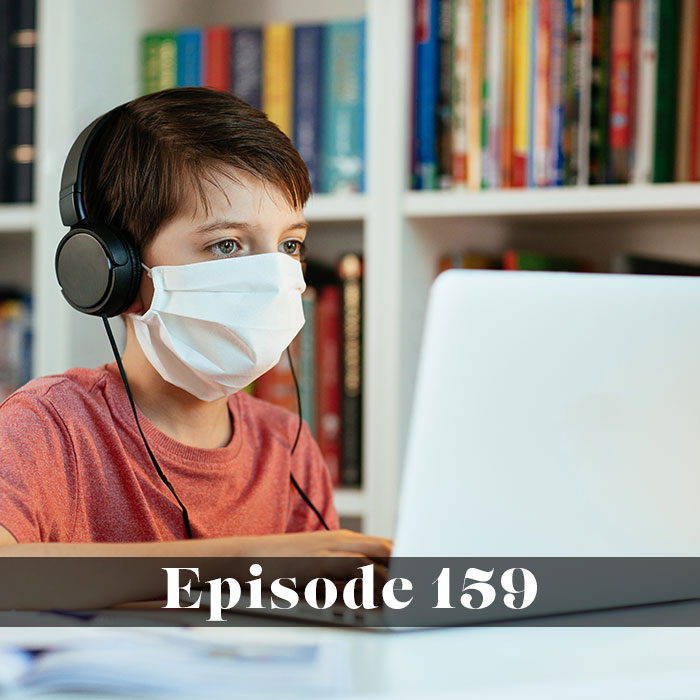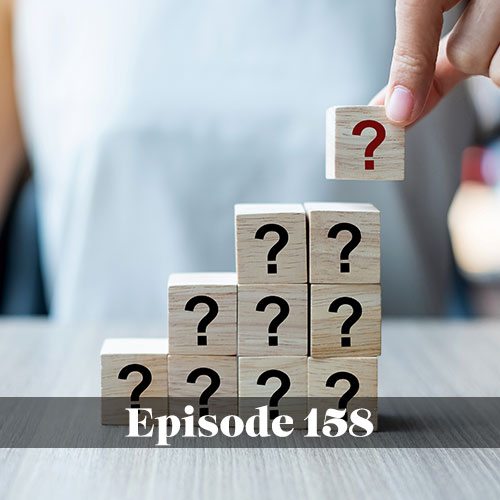In this week’s episode, Dr. Neil Gupta, Worthington City Schools, shares 7 lessons that he’s learned on his own leadership journey that are sure to help anybody fine tune their own leadership skills.
Dr. Gupta walks us through lessons he’s learned from his own personal experience on his own leadership journey as an administrator. He advises listeners to process his advise with introspection rather than thinking about what other people in their life match up to his do’s and don’ts. It’s important to listen for those moments that “send a tingle up your spine that asks, ‘am I doing that?’ so that you start to second guess yourself, to check yourself.”
Lesson 1: Leaders Ask Questions
“What” and “how” doesn’t save the day. Don’t try to save time by saying “this is how we are going to go” because this will lead to resistance, not because people aren’t clear on the process but because they don’t know why they are doing it.
Instead, ask others, before you even begin to decide the “what” and “how”: “I want to let you know we are going to be investigating this… do you want to come along on the journey wiht me and have represenatation?”
Lesson 2: Leaders Have to Let It Go
You have to be able to plan the project, plan the process and know that it will still be standing when you walk away
Know that, “The belief is not about me. The building is not about me. It’s about the culture of the community, the district…
Begin with the end in mind.”
Lesson 3: From the African Proverb, “If you want to go fast, go alone. If you want to go far, go together.”
This lesson reenforces 1 & 2 while taking it all a step further. Think about the nature of the problem and address it responsibly, at the pace that is appropriate for the issue at hand and with the right people at the table.
Lesson 4: Leaders Provide Options for all _________ (students, community members, parents)
Think about different interests, different pathways and think about if one structure is enough. Remember that parents have different expectations, community members have different priorities and students have different ways of thinking. We have to provide different opportunities to meet all of these, both in providing information and in providing structures in which students can create their own pathways.
Remember that there are now many nontraditional ways for kids to become successful.
Lesson 5: Connect Digitally
If you are just sending out a newsletter once a month, remember that your students are delivering their version of what is happening every day. If you don’t share your story, someone else will. Social media is a great way to connect digitally and to share information efficiently.
Lesson 6: Leaders Need to Strive to be Instructional Experts
We need to know how to communicate, we need to know how to organize events, we need to know how to inspire… but what we should be known for is our ability, our depth of knowledge and experience, to guide teachers and to guide students towards more knowledge, more skills, more understanding.
Lesson 7: The True Power of Relationships
How do you know the strength of your relationships? Have you provided a healthy way for critical and positive feedback?
Work to become more empathetic of what your students, teachers, staff and parents are going through? Expectations need to mirror our understanding of what their daily lives are like.


